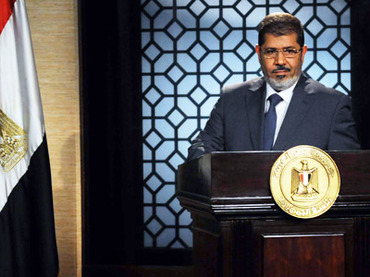The citizens who do not wear face masks in public areas, including transportation, will be fined, according to a Ministry of Interior statement on Saturday.
The ministry statement said the move comes as part of state precautionary measures implemented to maintain citizen health and safety. It has also been put in place to protect public health and limit the spread of the ongoing coronavirus (COVID-19) outbreak.
Also on Saturday, Giza Governor Major General Ahmed Rashid said that citizens driving private cars and taxis will have their car licences withdrawn if they are not wearing face masks. The severe measures come as part of the governorate’s precautionary measures against the virus.
Rashid added that he has ordered the heads of districts, cities and neighbourhoods, to create follow-up committees in coordination with traffic officers. These would be present at parking lots and main roads to monitor cars and catch violators, whilst also ensuring they fulfil cleanliness, ventilation and social distancing measures.
Starting from Saturday, the nationwide curfew will begin at 20:00 for two weeks, rather than 17:00 enforced over the Eid Al-Fitr holiday. The gradual relaxing of curfew timings comes as part of the country’s gradual reopening, expected in mid-June.
Also starting on Saturday, Egyptians are required to wear face masks in all public spaces, according to a decree issued by Prime Minister Mostafa Madbouly earlier this month. Those caught without a face mask face fines of up to EGP 4,000,
Citizens are, until further notice, required to wear face masks when in markets, shops, banks, on public transport and in governmental or private institutions.
In mid-June, a gradual resumption of daily activities is set to be announced, covering sporting clubs and youth centres, alongside the reopening of houses of worship. This will take place according to precautionary measures against the virus.
Officials have previously stated that the return to normal life and a coexistence with the coronavirus is necessary to save Egypt’s economy.
The country’s infection rate has continued to increase, sparking fears that cases may significantly increase as the government’s coexistence plan is brought into effect. This could have a potentially significant effect on the medical system’s capacity to bear more patients.




